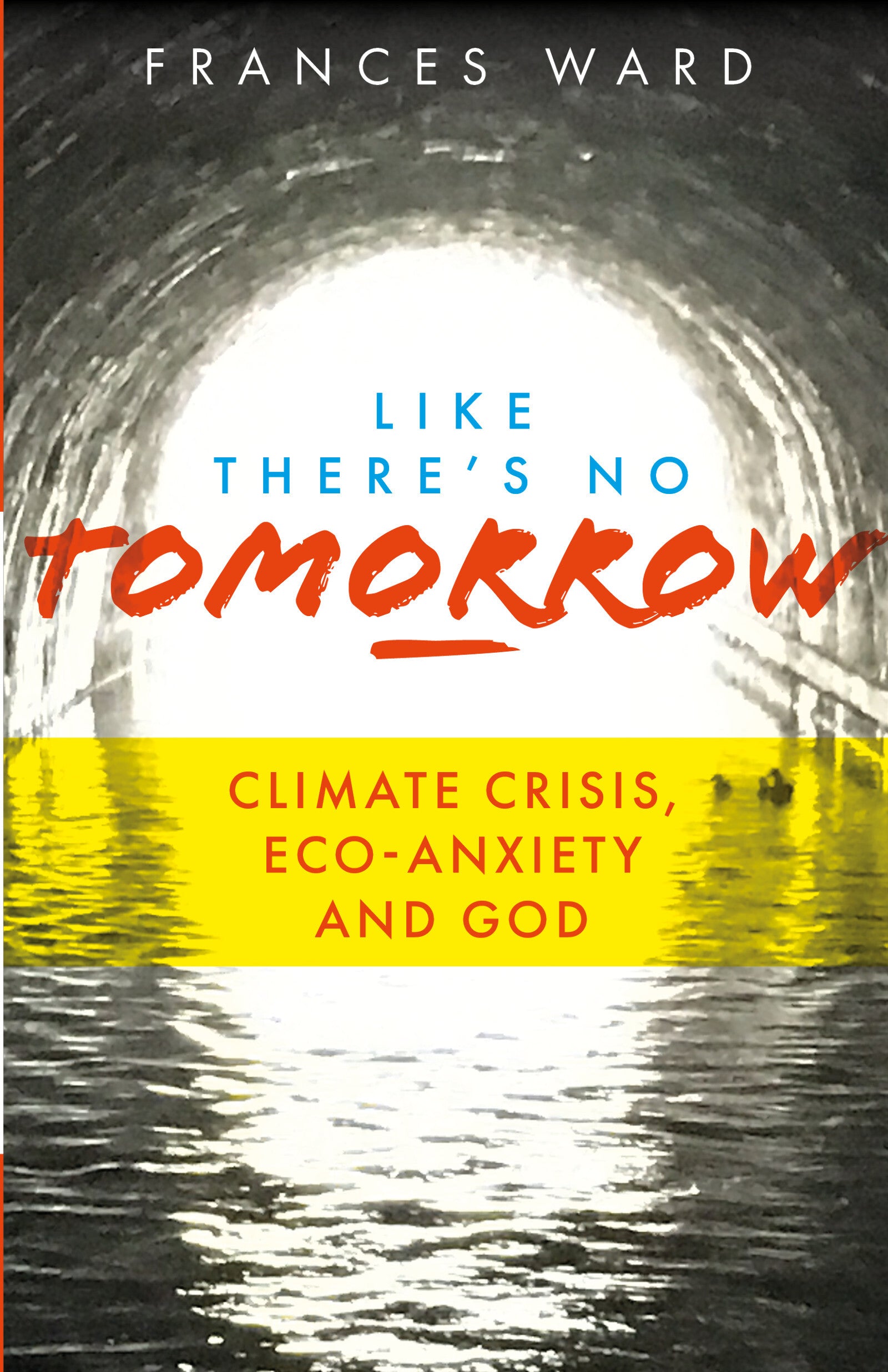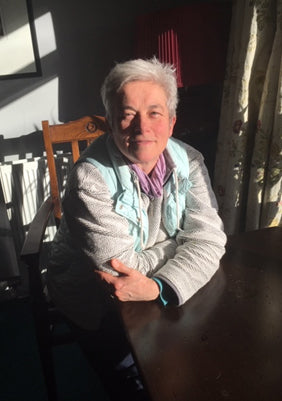
Description
The questions raised by the possibility of climate catastrophe and an uninhabitable earth are enormous, and Christians often find it difficult to address them. Yet people of faith do need to engage with the reality of the tragic loss of creation and the fact that this has been caused by humans.
How should we live in the end times? How can we live with hope, even in the face of the inevitability of the radical impact of a climate catastrophe, the collapse of biodiversity and rising sea levels?
Frances Ward reflects on these questions and shows how it might be possible to continue to respond to God in faith, hope and love. Her theological and contemplative reflection enables us to sustain hope that hopes against hope and thus to be able to respond to eco-anxiety. Her deep lament provokes a fierce hope to enable humanity to live life to the full, like there’s no tomorrow.
Frances Ward’s book is a deeply reflective and interior exploration of her response to the emergency. The slowed-down pace of the canals as the boat moves through beautiful landscapes allows time for deep and slow spiritual reflection on God’s world and our relationship with it.
This is a beautiful book, accessible because it follows the thread of her voyage; and enlightening because it follows the thread of her spiritual reflections.
David Chillingworth, Church Times
Catastrophic climate change is the issue of our age—ethical, political, scientific, and theological—but few theologians have attended to it with the urgency and passion that it deserves. Not so with Frankie Ward. In Like There’s No Tomorrow emotion is allowed to be raw, and lamentation be loud, but equally there is hope here: for the climate, but also for an all-encompassing reorientation to a better way of life.
Andrew Davison, Starbridge Lecturer in Theology and Natural Sciences, University of Cambridge
[This book] spells out the disastrous, humanly generated threats that are now radically changing planet Earth and every living creature that inhabits her. And it is way past time I faced up to that and stopped putting my head in the sand. Furthermore, it spells out my own complicity with this tragic state of affairs. And if I have any desire to live truthfully and faithfully before God in our time, I cannot duck this responsibility. So I must buy this book. […]
If you feel the tension between turning away and turning towards the disasters that are the defining features of our times, this is a work that will speak to your soul.
Graeme Garrett, The Melbourne Anglican
A heartening read for anyone who cares even slightly about the major moral and ethical conundrums of our day, seen here through a theologian’s lens. It casts a godly eye upon the climate change crisis, so often seen as the sole province of scientists. How refreshing to find the whole area firmly situated in terms of what it is and always will be: a moral and philosophical challenge. […]
This is a welcome addition to any library, representing less anxiety and more celebration of creation, creativity and the wilder recesses of all our minds. […]
Frances Ward tackles her subject with a confidence, brevity and wit sorely needed in an epoch which will be defined by its adherence to polarisation, opposition and strife.
Lucy Johnson, Green Christian
The poet Emily Dickinson tells us that hope “perches in the soul”. Frances Ward asks here what it would take in our day to make it fly. We are a people on the verge of extinction. Progress is never made by contented people, nor will the necessary ruptures needed to stop our damaging behaviours ever be made convincing by them. However, Frances Ward’s discontent understands the deep connections between the inner and outer landscapes. She scrutinizes both on a journey, with a restless attention, and writes this journal of soul and world in a poetic voice. The result is a holy and subversive protest for creation and for God.
Mark Oakley, Dean of St John’s College, Cambridge
Ward gracefully weaves together observations of the natural and human world she encounters on her journey with reflections on Scripture, poetry, environmental writing, history and theology. Realizing that releasing the grip of fear requires letting go, she turns to the Psalms to give voice to her lament for what has been lost, perhaps never to be regained. The learned simplicity of the slow and fluid journey is combined with the restorative effect of immersion in a landscape that speaks to her of both loss and hope. This ultimately merges with her lament, allowing her to find a new way of being present in a world of climate change and giving her a sense of the presence of God within it.
Pam Hyde, The Living Church
Facing up to apocalypse is not a new challenge for the people of God. But rather than fearing an apocalypse at God’s hand, we now fear an apocalypse where it seems God has left the building. Like There’s No Tomorrow records two journeys: a canal boat voyage through the heart of England and the heartfelt pursuit of faith in a time of climate crisis. Buoyed beautifully by scripture, poetry, natural history, and theology, Ward invites us to turn fear to lament, finding the courage to be truthful, to grieve, and to give thanks.
Hannah Malcolm, winner of the Church Times Theology Slam 2019
Author
Frances Ward (author)

Frances Ward is a freelance theologian, researcher and writer, preacher, speaker and teacher. She is half-time Priest in Charge of St Michael's and St John's Churches in Workington, Cumbria. From 2010–2017 she was the Dean of St Edmundsbury in Suffolk, a member of the General Synod and a Trustee of...
